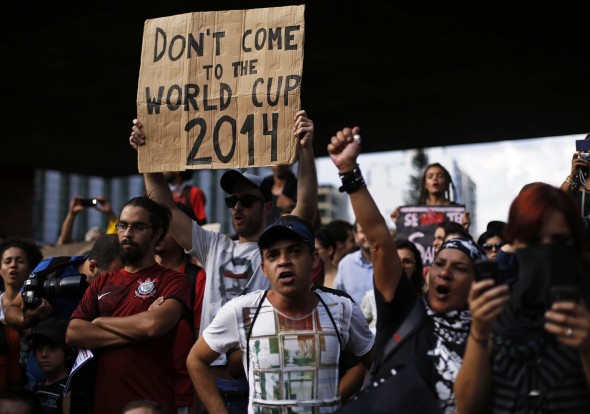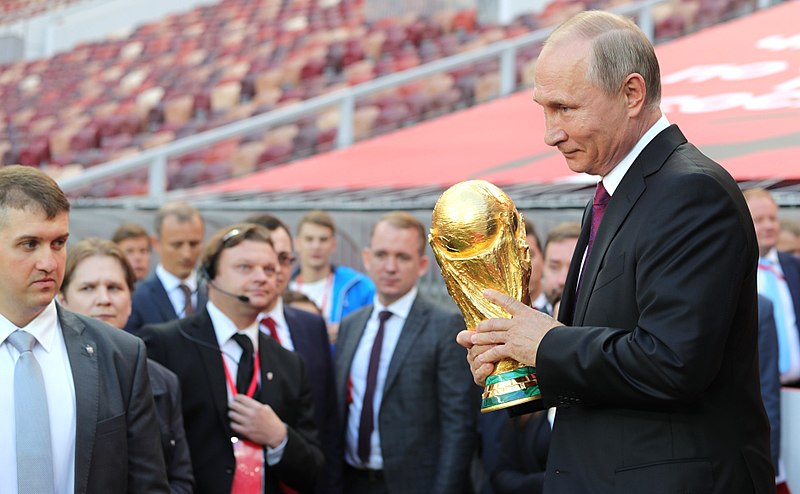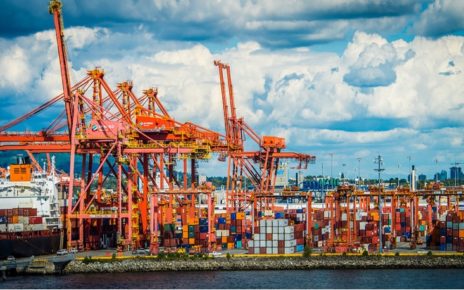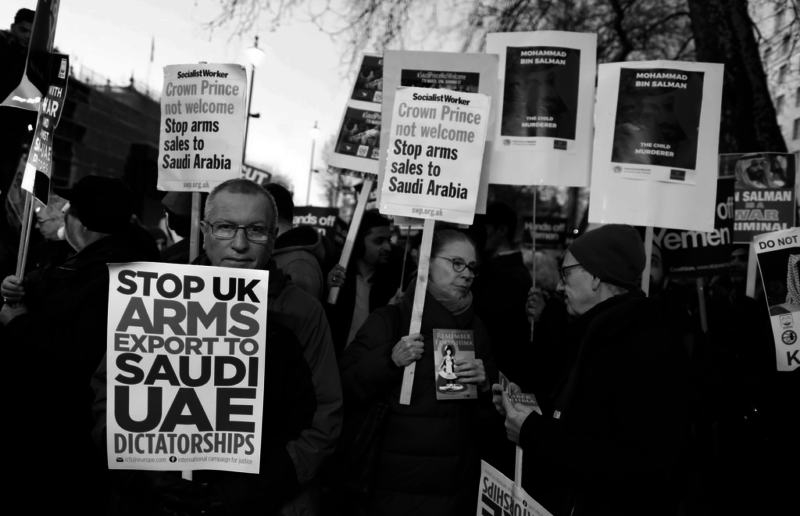Over the past few weeks much of the world has been focused on Russia, with the Winter Olympics taking place in the country’s southern resort city of Sochi. Interest in the Olympic competitions has been coupled with concerns about the security of the venue, given Sochi’s proximity to restive parts of the Caucasus. These concerns reached a fever pitch just before the opening ceremonies, but subsided after the first few days of competition passed without any major incidents. It seems that Russia effectively prevented any plots that did exist against the games, and this will likely reinforce the current government’s popularity.
The Russian Olympics have caused controversy and concern for a variety of reasons, but attention will soon shift to another major global sporting event as Brazil prepares to host the 2014 World Cup of soccer this summer. While the media’s focus on Brazil has been less intense and critical than their coverage of Russia’s games, the preparation for what is arguably the world’s largest sporting event has not gone smoothly. Construction delays and fatalities combined with civil unrest over economic inequality and perceived financial waste have both troubled Dilma Rousseff’s Workers’ Party government. As with the Olympics in Russia, Brazil’s World Cup is a political gamble that could either bolster or undermine the country’s government.
 Major international sporting events have always been politically significant. The Olympics in particular were the site of numerous international incidents and politically motivated boycotts. Nonetheless, a recent trend has emerged which has seen emerging economies or middle-power countries host these festivities as a way of asserting their power and relevance to the rest of the world. This was particularly evident when China hosted the Summer Olympics in 2008, but was also notable when South Africa hosted the previous World Cup, as well as during this year’s Olympics in Russia. The next Winter Olympics will be held in South Korea, and Turkey recently campaigned to host the Olympics before being narrowly outbid by Japan. Furthermore, Qatar has begun construction on its future World Cup venues.
Major international sporting events have always been politically significant. The Olympics in particular were the site of numerous international incidents and politically motivated boycotts. Nonetheless, a recent trend has emerged which has seen emerging economies or middle-power countries host these festivities as a way of asserting their power and relevance to the rest of the world. This was particularly evident when China hosted the Summer Olympics in 2008, but was also notable when South Africa hosted the previous World Cup, as well as during this year’s Olympics in Russia. The next Winter Olympics will be held in South Korea, and Turkey recently campaigned to host the Olympics before being narrowly outbid by Japan. Furthermore, Qatar has begun construction on its future World Cup venues.
For its part, Brazil has effectively rendered itself as the hub of international sport for the next few years, hosting the next World Cup and Summer Olympic games. For these countries, hosting events of this magnitude takes on a heightened degree of political importance. More than an opportunity to stimulate the economy, bolster patriotism, participate in the international community, or update infrastructure, these events can signify a new stage in a country’s economic and political development. As a result, whoever is in power when the competition takes place, relies a great deal on its success.
Unfortunately, efforts by still-developing economies to present themselves as global powers risk exacerbating widespread social challenges that still need to be addressed. Major international sporting events often attract controversy wherever they are held. Where facilities are built, people are often first displaced and security crackdowns often disproportionately affect already marginalized and underprivileged sectors of society. In other words, whether in London or Rio de Janeiro, the poor often pay a high price for the world to come and play. However, in a developing economy with prevalent poverty and a relatively small middle-class, social inequalities are particularly apparent. In Brazil, with its well established electoral democracy, impoverished populations are also politically relevant to a degree unmatched in countries where they are less numerous or more easily repressed. Consequently, the Rousseff administration has had to contend with major protests challenging the government’s commitment to hosting the World Cup and Summer Olympics. If these antagonisms deepen and accelerate as the competitions draw closer, it remains to be seen whether or not the Brazilian government will be able to present itself as a stable, secure, and economically successful emerging power.
None of this is to say that a difficult sporting event will seriously undermine the rise of an emerging economy, but it can undermine a government. Perhaps even more importantly, if unrest over socio-economic conditions undermines the Brazilian World Cup or Olympics, future host countries may decide to adopt more authoritarian practices to secure their games. Essentially, hosting a major international sporting event is a risky endeavour for any government, but as the case of Brazil demonstrates, some gambles are bigger than others.




